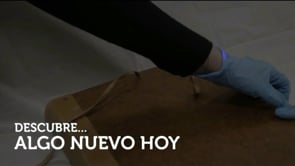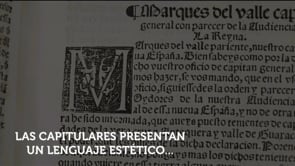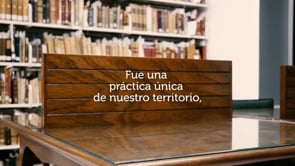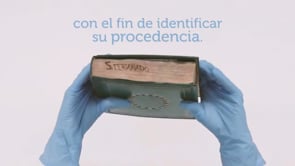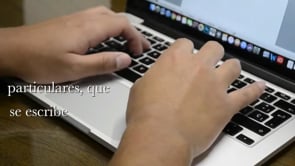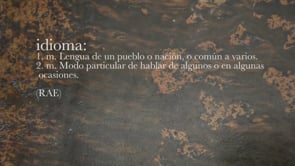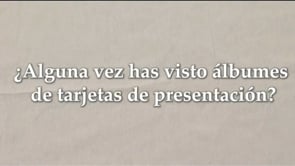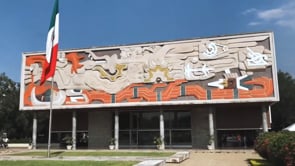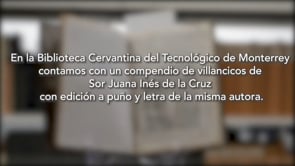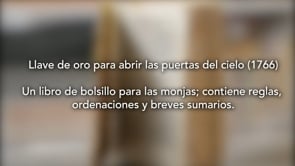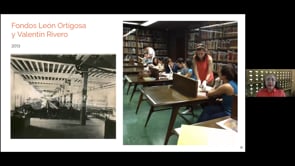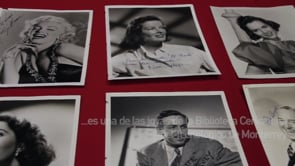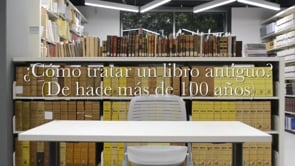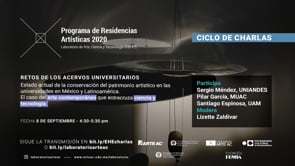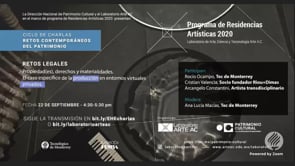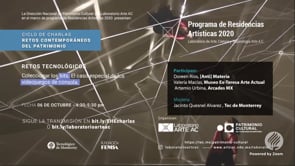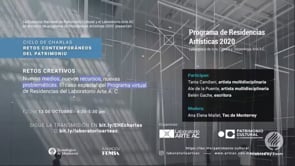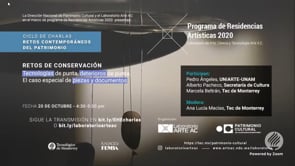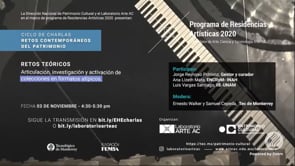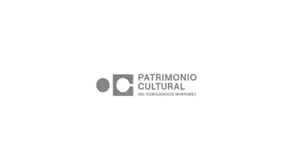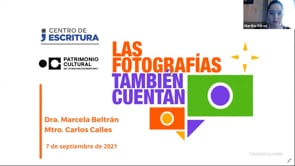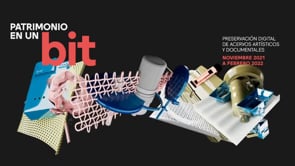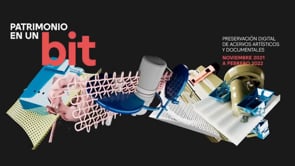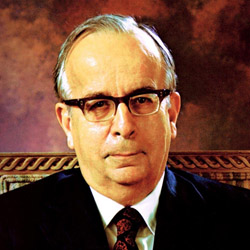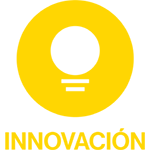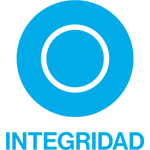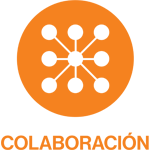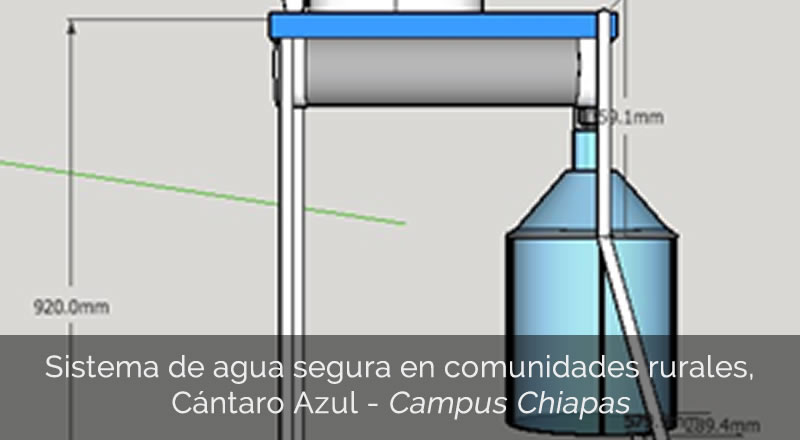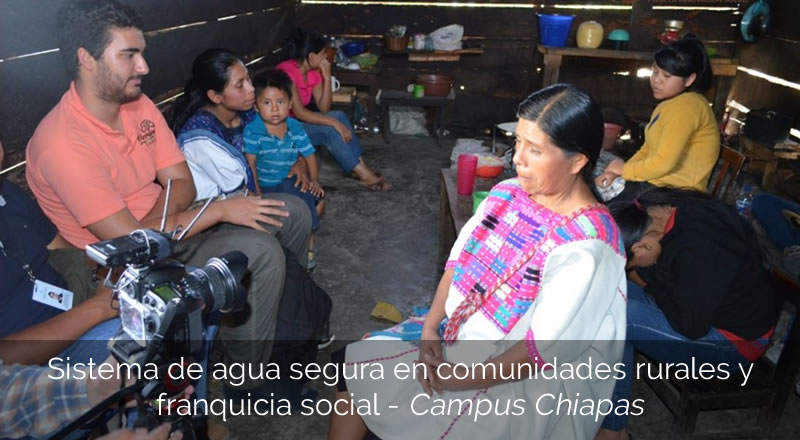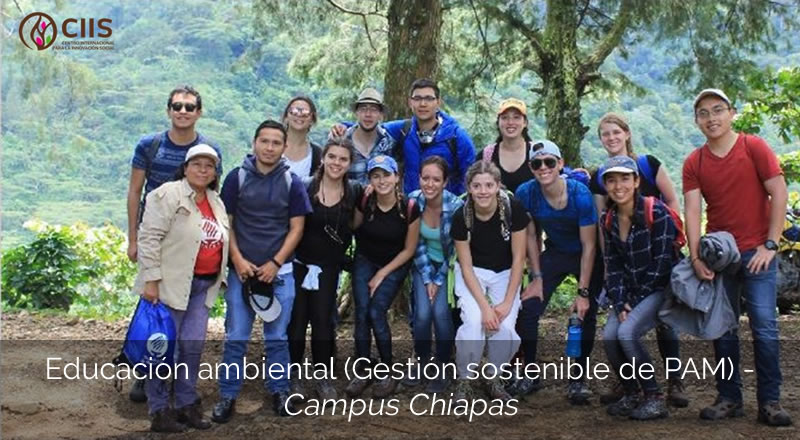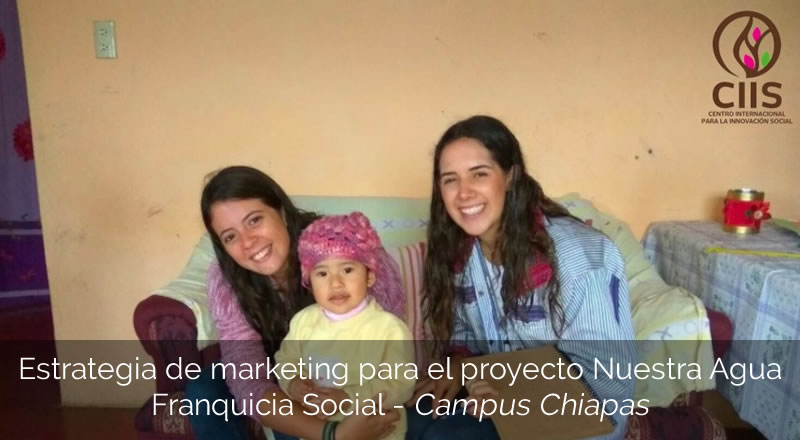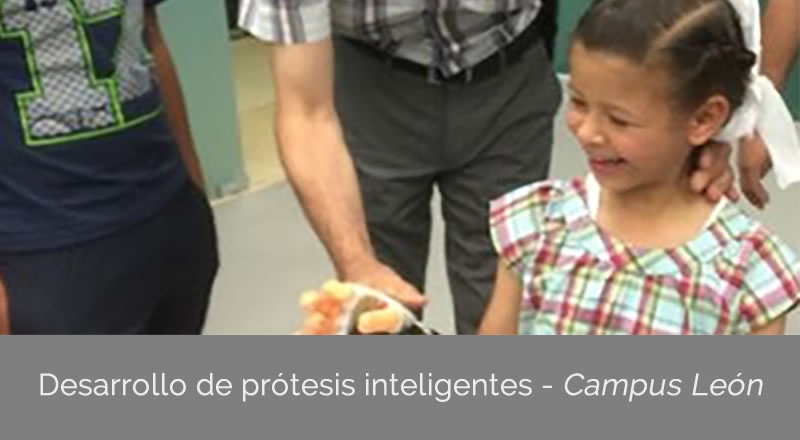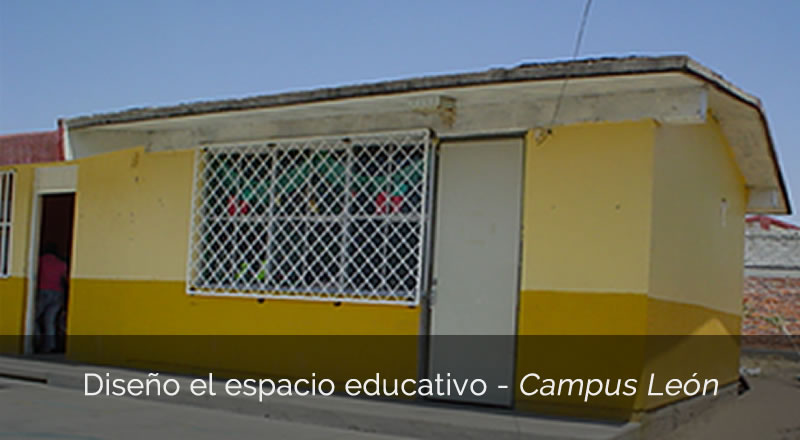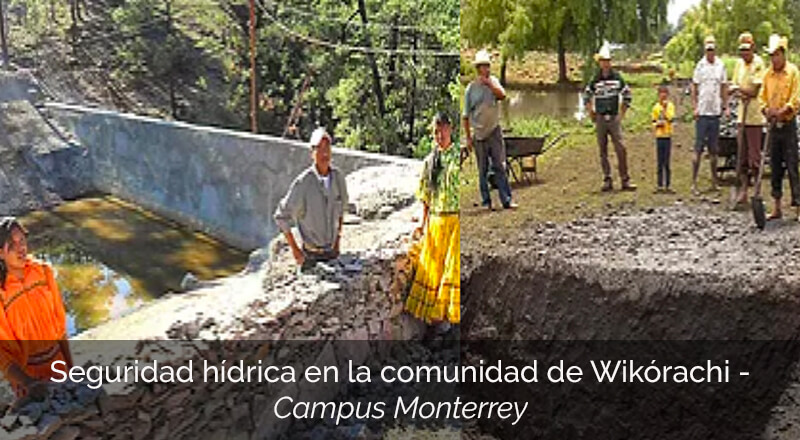Identidad y domicilio del Responsable
El Responsable de los datos personales que usted proporciona es El Instituto Tecnológico y de Estudios Superiores de Monterrey (en lo sucesivo “ITESM”) con domicilio ubicado en Av. Eugenio Garza Sada Sur No. 2501, colonia Tecnológico en Monterrey, Nuevo León. C.P. 64700.
Datos personales y datos personales sensibles tratados por ITESM
ITESM como parte de su registro de participantes de LiveOnLine dará tratamiento a las siguientes categorías de datos personales: identificación (imagen y voz), contacto (incluidos lo de sus redes sociales), académicos, laborales y de experiencia profesional.
Asimismo, le informamos que, para cumplir con las finalidades primarias y necesarias señaladas en el presente Aviso, ITESM no recabará ni tratará datos personales sensibles.
Finalidades primarias
ITESM tratará sus datos personales para cumplir con las siguientes finalidades primarias y necesarias:
- Para atender, registrar y dar seguimiento a la(s) solicitud(es) de información que realice.
- Para validar la veracidad y calidad de la información proporcionada por usted.
- Para dar cumplimiento y seguimiento a las bases, requisitos y procedimientos para la admisión e inscripción al curso que solicite.
- Para gestionar y administrar el acceso electrónico a los sistemas e infraestructura tecnológica que utiliza el ITESM.
- Para ofrecerte cursos de acuerdo a tu perfil o interés.
- Para llevar el seguimiento de avance en su proceso de inscripción.
- Para la gestión de pagos y facturación de los servicios, cuando corresponda.
- Para enviarle encuestas y evaluaciones relacionadas al servicio que le fue proporcionado.
- Para la emisión de los documentos que acrediten que ha completado el curso.
Le informamos que usted no puede oponerse para que el ITESM cese el tratamiento de sus datos para las finalidades primarias y necesarias, anteriormente mencionadas, en virtud de que el tratamiento es necesario para cumplir obligaciones derivadas de la relación entre usted e ITESM.
Finalidades secundarias
Si usted no se opone, el ITESM mantendrá su información personal para las siguientes finalidades que no son necesarias para el servicio que nos solicita, pero que nos permiten y facilitan brindarle una mejor atención:
- Para enviarle información relacionada a otros programas educativos, cursos, diplomados, seminarios, certificaciones, simposios, talleres, eventos y convocatorias de becas.
- Para enviarle publicidad y comunicaciones con fines de mercadotecnia, tele-marketing o campañas financieras.
- Para realizar reportes estadísticos, previa aplicación de un mecanismo de disociación de los datos personales.
- Para realizar estudios de investigación, previa aplicación de un mecanismo de disociación de los datos personales.
- Para el desarrollo y unificación de perfiles de prospectos, previa aplicación de mecanismos de disociación de los datos personales.
En caso de que no desee que sus datos personales sean tratados para alguna o todas las finalidades adicionales, Usted puede comunicarlo al correo electrónico: datospersonales@itesm.mx, le pedimos indique:
- Nombre completo y correo electrónico proporcionado para el registro.
- Copia de su identificación oficial vigente.
- El nombre del presente Aviso de Privacidad.
- El nombre del curso en el que participó o para el cual se registró.
- La(s) finalidad(es) secundarias para las cuales no desea que sus datos personales sean utilizados.
La negativa para el uso de sus datos personales para fines adicionales, no podrá ser un motivo para negarle los servicios solicitados o dar por terminada la relación establecida con nosotros.
Transferencias
ITESM para cumplir las finalidades necesarias anteriormente descritas u otras aquellas exigidas legalmente o por las autoridades competentes, transferirá los datos personales necesarios a las siguientes organizaciones y para los siguientes fines:
| Tercero receptor de los datos personales |
Finalidad |
Consentimiento |
| Enseñanza e Investigación Superior, A.C. (Universidad Tecmilenio y Sorteos Tec) |
Para llevar a cabo la promoción y ofrecimiento de sus productos, eventos y/o servicios, con relación a sus actividades. |
Necesario |
| Autoridades competentes |
En los casos legalmente previstos. |
No necesario |
Si usted no desea que ITESM transfiera sus datos personales para aquellas transferencias para las cuales es necesario su consentimiento le pedimos que envíe un correo electrónico a la dirección: datospersonales@itesm.mx dentro de los 5 (cinco) días hábiles siguientes a la fecha en que nos proporcionó sus datos indicándonos en el cuerpo del correo lo siguiente:
- Nombre completo y correo electrónico proporcionado.
- Copia de su identificación oficial vigente.
- El nombre del presente Aviso de Privacidad.
- La fecha en la que nos proporcionó sus datos personales.
- La(s) transferencia(s) para la(s) cual(es) no desea que sus datos personales sean transferidos.
Derechos ARCO y/o revocación del consentimiento
Usted o su representante legal podrá ejercer cualquiera de los derechos de acceso, rectificación, cancelación u oposición (en lo sucesivo “derechos arco”), así como revocar su consentimiento para el tratamiento de sus datos personales enviando un correo electrónico al Departamento de Datos Personales de ITESM a la dirección electrónica datospersonales@itesm.mx. En este sentido, le pedimos revise y siga el procedimiento, requisitos y plazos para el ejercicio de sus Derechos ARCO y/o revocación del consentimiento en nuestra página de internet: https://tec.mx/es/derechos-arco-yo-revocacion-del-consentimiento.
Limitación y/o Divulgación de sus datos
Usted podrá limitar el uso y/o su divulgación de sus datos personales para recibir comunicaciones o promociones de nuestros servicios inscribiéndose en la lista de exclusión directamente en aquellas comunicaciones en las que así se le haga saber. En los casos en los que no esté disponible que se inscriba a la lista de exclusión, podrá hacerlo enviándonos un correo electrónico a la dirección: datospersonales@itesm.mx, indicándonos lo siguiente:
- Nombre completo y correo electrónico proporcionado.
- Copia de su identificación oficial vigente.
- El nombre del presente Aviso de Privacidad.
- La indicación de que desea inscribirse en la Lista de Exclusión General del ITESM para dejar de recibir comunicaciones y promociones de nuestros servicios.
Uso de Cookies
Le informamos que en algunas de nuestras páginas de internet utilizamos cookies y otras tecnologías, a través de las cuales es posible monitorear su comportamiento como usuario de internet, así como brindarle un mejor servicio y experiencia al navegar en nuestra página. Los datos personales que se pueden obtener a través del uso de estas tecnologías son los siguientes: Identificadores, nombre usuario y contraseñas de una sesión, región en la que se encuentra, tipo de navegador, tipo de sistema operativo, fecha y hora del inicio y final de una sesión, páginas web visitadas, búsquedas realizadas y publicidad revisada. Estas tecnologías podrán deshabilitarse siguiendo los procedimientos del navegador de internet que utiliza.
Cambios al Aviso de Privacidad
ITESM le notificará de cualquier cambio a su aviso de privacidad a través de la liga https://tec.mx/es/aviso-de-privacidad-para-liveonline.
Fecha de última actualización: 14/01/2020
